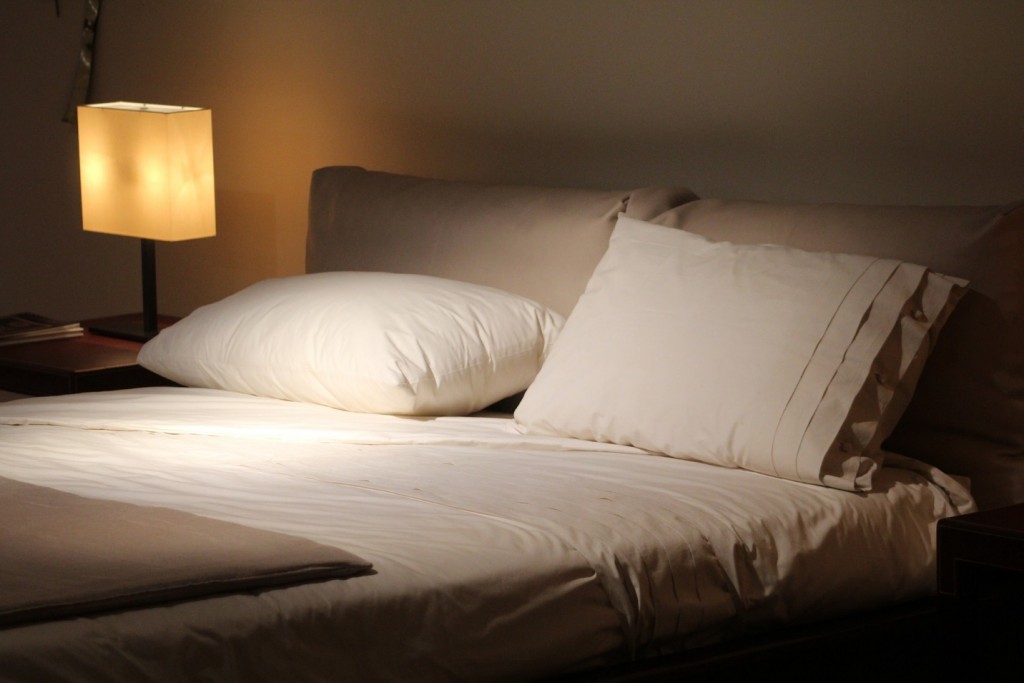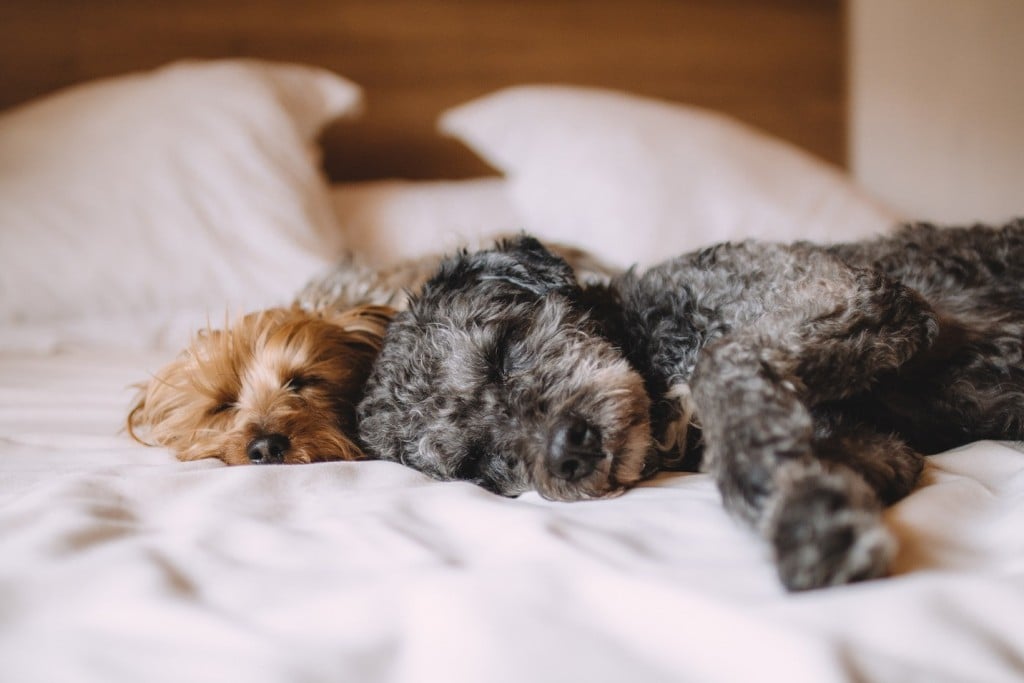
When you’re prone to allergies, getting a restful night’s sleep can feel like a repeating battle that you never seem to win. In fact, allergy symptoms will often get worse at night, making it even less likely that you’ll simply slip into bed and drift off to sleep. While getting plenty of restful, uninterrupted sleep is a bit more challenging during allergy season, it doesn’t mean that it’s an impossible feat to achieve. To help you line up night after night of stellar sleep, check out these bits of advice to help keep your allergy symptoms in check when you’re ready for bed.
Cleaning and Clearing Nasal Passages:
Nasal issues caused by allergies are the main reason people can’t get proper sleep. Nasal passages could be blocked from congestion, they might be runny and still making it hard to breathe as well as causing a sore throat and coughing, and they’re likely to just be inflamed overall. You can really help knock down inflammation and all of the nasty things that go with it by regularly cleaning out your nasal passages, especially before going to bed. There are many ways to clean out your sinuses including neti pots, nasal irrigation systems, steam inhalers, and even home remedies. For a home remedy, you’ll need to mix about half of a teaspoon of salt and a pinch of baking soda with two cups of distilled warm water and then use a nasal bulb syringe to squirt a bit into each nostril. When you do this, insert the syringe about half an inch into your nostril and gently squirt towards your outer nostril while leaning over your sink.
The Right Indoor Environment:
The air in your home can really hamper any attempt at peaceful sleep so it’s important to make sure you’re creating the best conditions in your home. Warm, humid air will provide an excellent breeding ground for all kinds of allergens, making it essential that you keep your house cool and at a low humidity level. You can help with this by placing a dehumidifier in your room and keeping it on throughout the night to help cut down on the humidity levels in your room. Whether you deal with allergies caused by dust or pet hair, or you suffer from seasonal allergy symptoms caused by different pollens, you’re going to have more of a chance at decent sleep if your home has some decent filters. Unless allergy problems are a serious issue in your household you don’t need to have a state-of-the-art system installed. Buying MERV II filters for your central heating/air system will go a long way in filtering out particulates that intensify your symptoms. An air purifier can also go a long way in creating a more allergy free sleeping environment.
Nighttime Freshness:

If you like to shower in the mornings then it’s probably a good idea to switch to showering before you go to bed, at least until allergy season is over. Pollen and other allergens will have coated you and your clothes by the end of the day, so tossing your clothes into a hamper, perhaps kept in the laundry room rather than your bedroom, and then taking a shower will reduce the likelihood that you take anything irritating to bed with you. Also, be sure to wash your pollen coated clothes or bedding in an anti-allergen laundry detergent for optimal allergen removal. Having fresh bed linens is also a must, as nestling down in sheets and resting your face against pillowcases that may have pollen spores on them will make for pretty unrestful sleep. Apart from keeping very fresh linens on your bed, you might also want to invest in allergy bedding products including hypoallergenic pillows, pillow covers, mattress covers, and comforters. Allergen bedding products, especially those made with hypoallergenic fiber, won’t harbor various spores and particulates like other fabrics, so this will likely help with your sleep.
Know Your Medication:
If you’re taking over-the-counter medication for your allergy symptoms then you need to be very particular about their side-effects. Many such medications will actually make it harder for you to get to sleep and stay asleep. You might want to ask your doctor or pharmacist about a brand that either won’t affect sleep either way or that will actually help you get to sleep while also reducing your symptoms. If you’re taking something that won’t make you sleepy or wired, but simply helps with your symptoms, don’t forget to take a dose before going to bed, otherwise your symptoms are likely to flare up in the middle of the night and wake you up.
Indoor/Outdoor Pets:
If you have pets that spend time outside during the day but then sleep with you at night, they might actually be exposing you to pollen and other allergens caught up in their fur. It might not be ideal for either party, but having them sleep elsewhere may help you get a more restful night’s sleep. Another alternative is frequently grooming and washing your pet with anti-allergen pet shampoo to remove allergens. If anything, you can try these tips for a couple of nights and if you don’t notice any difference then you can go back to your normal routine.

